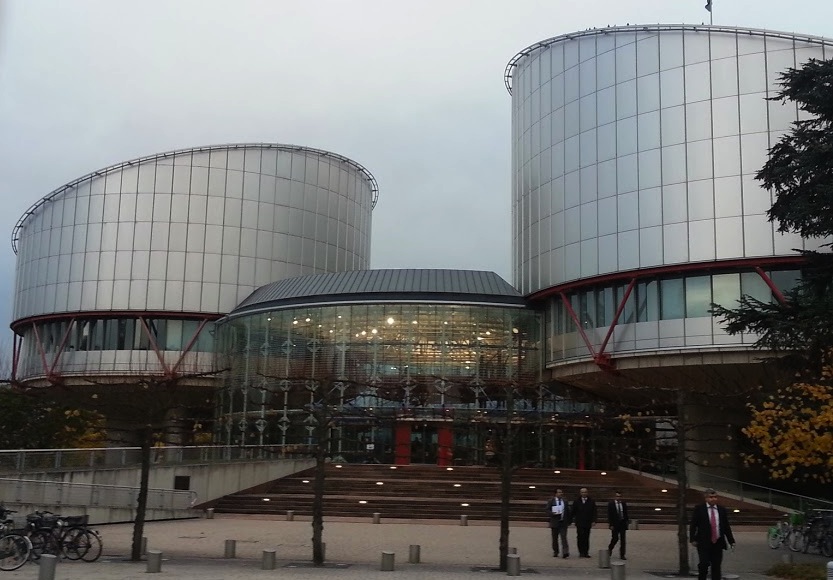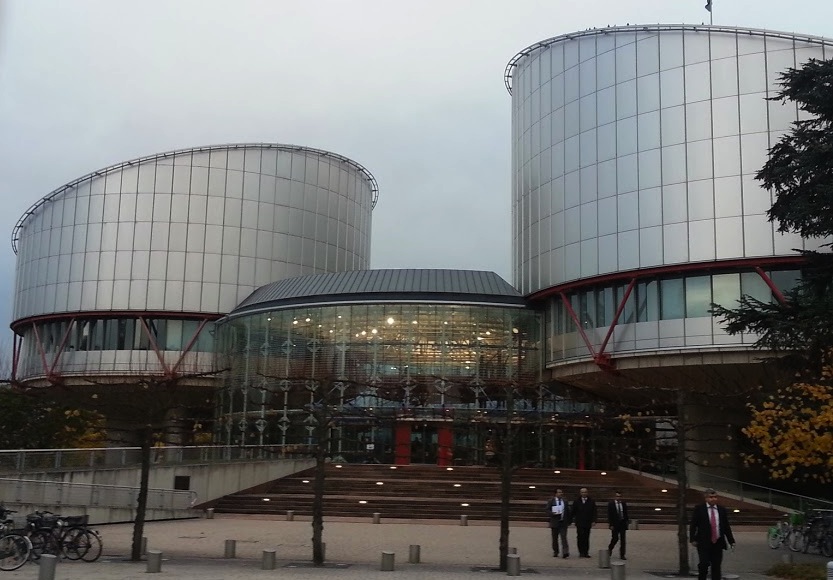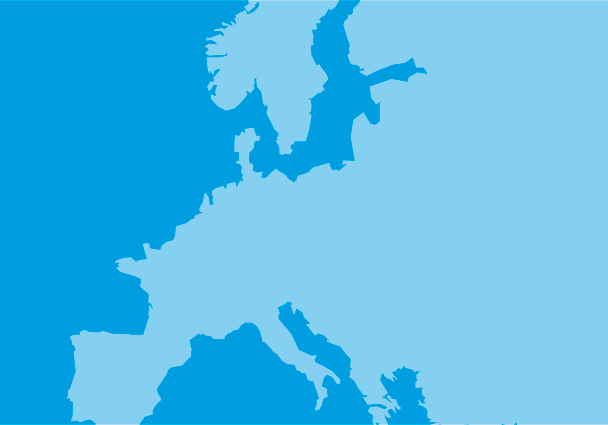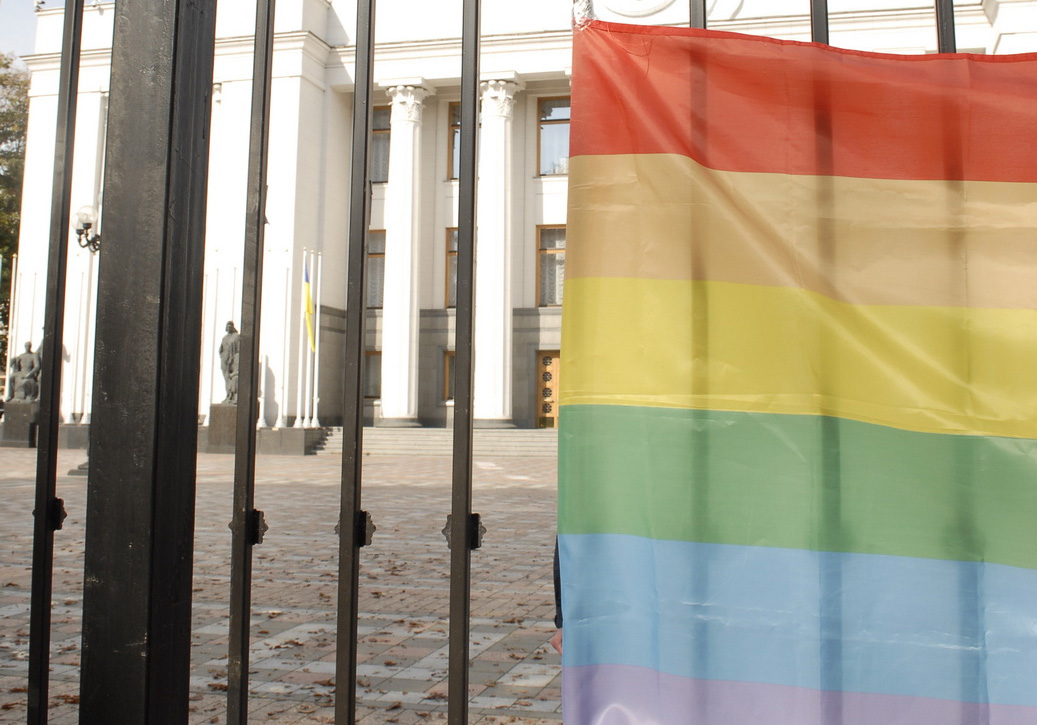
Nov 18, 2014 | Advocacy, Cases, Legal submissions
On 17 November 2014, the ICJ and ILGA-Europe filed their joint written submissions with the European Court of Human Rights in the case of Milica Đorđević and others v. Serbia (Application Nos. 5591/10, 17802/12, 23138/13 and 25474/14).
The case concerns the authorities’ decision in 2009 to relocate the applicants’ “Pride Parade” to promote the equality and visibility of lesbian, gay, bisexual and transgender people away from central Belgrade, Serbia, and the authorities’ repeated banning of Pride Parades in central Belgrade in 2011, 2012 and 2013.
The ICJ and the European Region of the International Lesbian, Gay, Bisexual, Trans and Intersex Association (ILGA-Europe)’s submissions to the Court focus on:
- the essential role of the right to freedom of peaceful assembly in a democratic society, and the scope of discretion afforded to States in determining measures required to prevent disorder at an assembly where counter-demonstrators threaten violence against groups most at risk; and
- the nature and scope of the State’s obligation in relation to the right to freedom of peaceful assembly under the European Convention on Human Rights and the International Covenant on Civil and Political Rights, focusing in particular on States’ duty to adopt legislative and administrative measures in order to fulfil their legal obligations.
SERBIA-ECHR amicus Dordevic-Advocacy-Legal Submission-2014-ENG (full text in PDF)

May 14, 2014 | Advocacy, Cases, Legal submissions
The European Court of Human Rights granted permission to the AIRE Centre, ILGA-Europe and the ICJ for a third-party intervention in the case of Pavla Sabalić v. Croatia (Application No. 50231/13).

Oct 3, 2012 | News
 The Verkhovna Rada, the Ukrainian parliament, voted on 2 October 2012 in favor of a bill that would ban “homosexual propaganda”. The ICJ and ILGA-Europe have condemned the draft law and called on Ukrainian authorities not to adopt it. Two hundred and eighty-nine out of 450 members of parliament supported the bill, which is now expected to move for a second round of reading in parliament later this month.
The Verkhovna Rada, the Ukrainian parliament, voted on 2 October 2012 in favor of a bill that would ban “homosexual propaganda”. The ICJ and ILGA-Europe have condemned the draft law and called on Ukrainian authorities not to adopt it. Two hundred and eighty-nine out of 450 members of parliament supported the bill, which is now expected to move for a second round of reading in parliament later this month.
The organisations are deeply concerned about the impact of Draft Law no. 8711 on the rights of lesbian, gay, bisexual and transgender (LGBT) people in Ukraine as well as the rights of everyone to the freedoms of expression, peaceful assembly and association. ICJ and ILGA-Europe urge the Ukrainian parliament to withdraw the bill from its agenda and call on the Chair of the Parliament and the President, who would both need to sign the bill in order for it to become law, to speak out against it.
The bill would modify several existing laws in Ukraine, including criminal law, and introduce sanctions for the import, production and distribution of products that would “promote” homosexuality. “Promotion of homosexuality” is itself undefined. “If voted into law, it would lead to the further marginalisation of the lesbian, gay, bisexual and trans community in the country and would limit the work of human rights defenders,” Evelyne Paradis, Executive Director of ILGA-Europe said.
ILGA-Europe and the ICJ believe that Draft Law no. 8711 is incompatible with international human rights law. First it is so vague that it fails to conform to the requirement that restrictions must be provided for by law. Under the draft law, it is impossible for an individual to determine what kind of expression is banned. Second, the asserted reasons for the “homosexual propaganda” ban fail the tests of proportionality and necessity. In other words, the restriction serves no permissible purpose. Third and finally, the homosexual propaganda ban discriminates against LGBT people by prohibiting public discourse on issues that matter to LGBT lives. “Restrictions on rights may not be discriminatory, and discrimination on the basis of sexual orientation is clearly prohibited under international law,” said Alli Jernow, Senior Legal Adviser of the International Commission of Jurists.
The EU should raise these developments in the context of the monitoring of the implementation of the Visa Liberalisation Action Plan. Parliamentary discussion of this law clearly demonstrates that progress is stalled. If the bill passes a second reading, further negotiations with Ukraine should be delayed or ultimately suspended. We also call on the Council of Europe to unequivocally denounce Draft Law no. 8711 in representations to the Ukrainian government.
The law is expected to be discussed at a second hearing in the coming weeks. After that the Chair of the Parliament and the President would need to sign the bill before it would become official law.
ICJ and ILGA-Europe earlier this year issued a joint briefing paper on “homosexual propaganda bans” that have been enacted or proposed in Europe and other Eastern European countries.
Photo credit: Insight NGO








